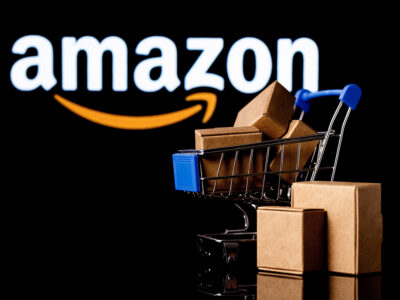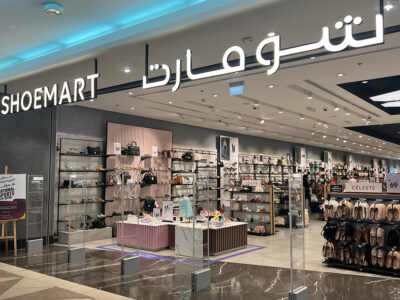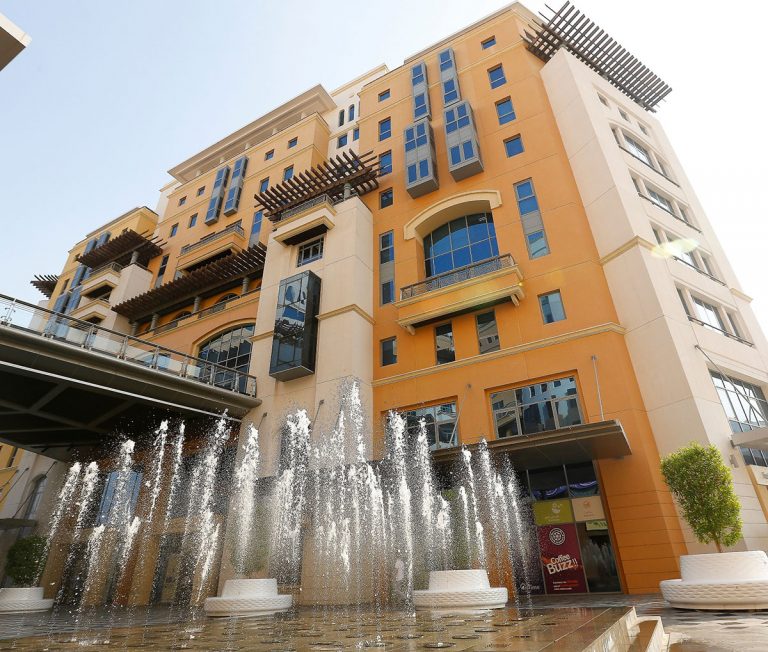As many as 4,879 social media accounts and 30 websites have been shut down as part of a plan by Dubai’s Department of Economic Development (DED) to remove e-commerce retailers trading in counterfeit goods.
DED said its ongoing efforts are aimed at protecting brands’ authenticity and maintaining Dubai’s leading position as a trade hub, according to news agency WAM.
“Social networking accounts have come in handy for many who trade in counterfeit goods nowadays,” according to Ebrahim Behzad, director of Intellectual Property Rights Protection Management at Duba’s DED.
Behzad said his team will continue to prevent misuses of modern technology and protect Dubai’s business reputation.
“Our team works for 24 hours to keep monitoring social networking sites and digital platforms used for promoting and selling fake goods and counterfeit commodities,” he said.
The director pointed out that fake products sold online included bags, perfumes, watches, cosmetic products and others.
Shops and warehouses found to be selling counterfeit goods were also shut down by the DED.
Report fake retailers
Behzad urged consumers to resist temptations of opting for or promoting fake products, which negatively affect the rights of traders and the health and safety of consumers.
He called on the public to report illegitimate e-commerce and brick and mortar retailers by calling 600545555 or via the Consumer Rights Dubai social media accounts on on Instagram and Twitter.
In 2017, over 26 million fake goods worth AED1 billion ($270m) were seized in Dubai.
Last week, the CEO of a start up selling pre-owned, original designer goods said the biggest problem facing luxury brands is authenticity.
Kunal Kapoor launched Dubai-based The Luxury Closet in 2012 to allow users to sell and buy genuine, ‘pre-loved’ goods online and in store.
“Companies like us are really good for brands because we spend a lot of resources to make sure the item is authentic,” he told Arabian Business.
“The biggest problem facing luxury brands is authenticity and counterfeit items in the market.”
The start-up ships worldwide and has an estimated 20,000 stock base, adding products worth over $5 million on a monthly basis. All creations go through an authentication process to confirm originality, and consumers are offered refund guarantees in case of falsification.
Kapoor said he “clearly saw a huge pain point” for consumers, adding, “If we shift consumer practice from buying counterfeit to buying pre-owned, it’s really good for the industry.”








